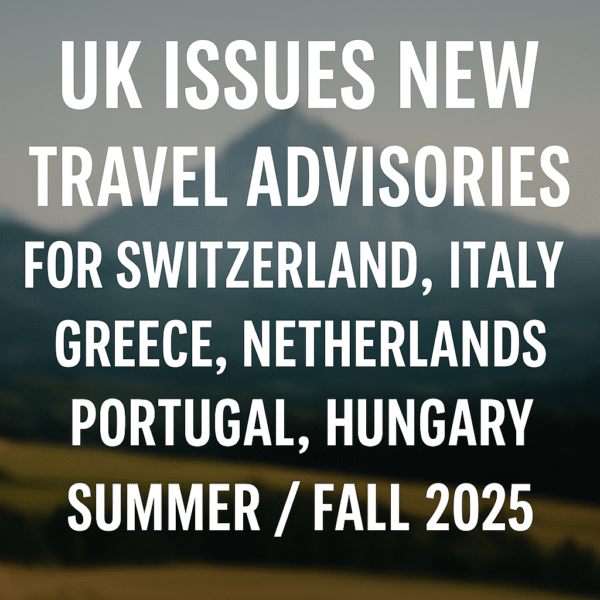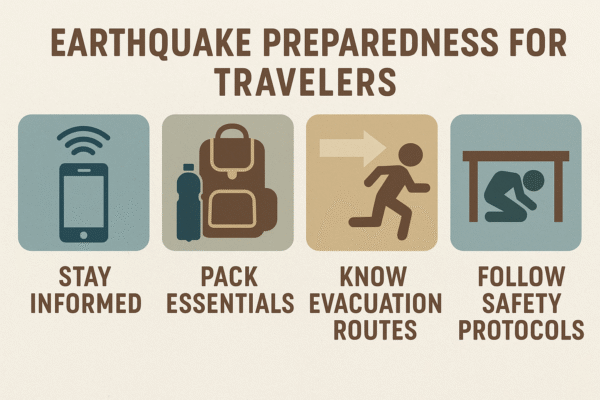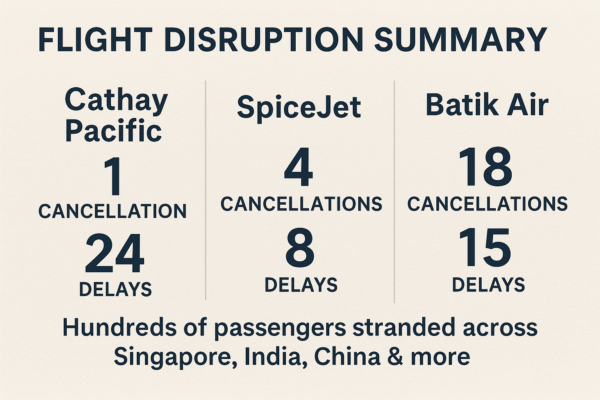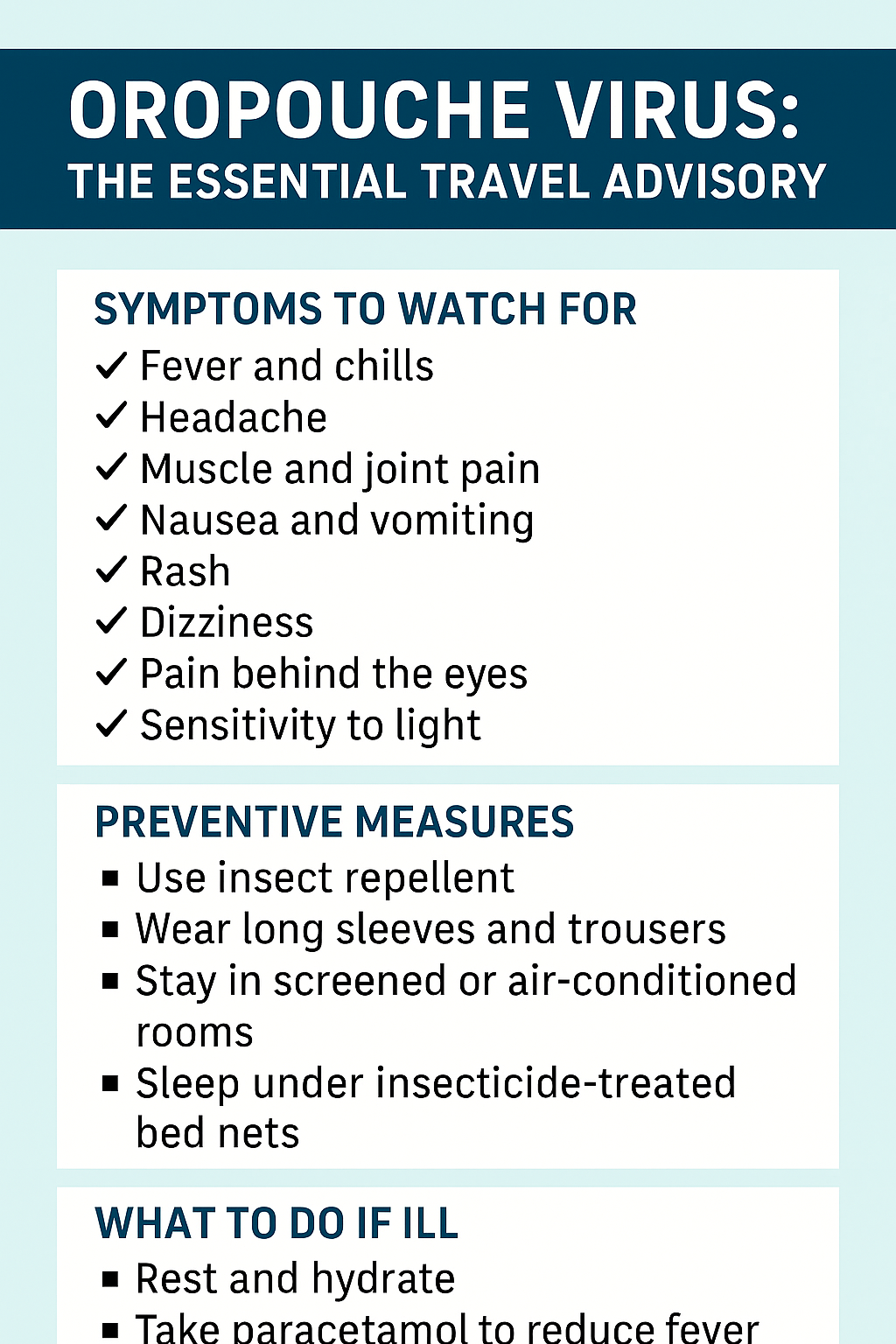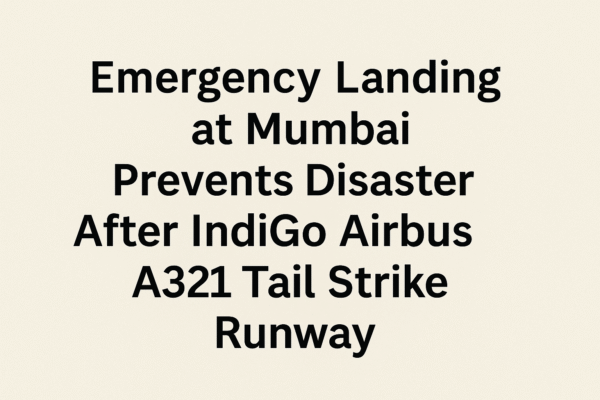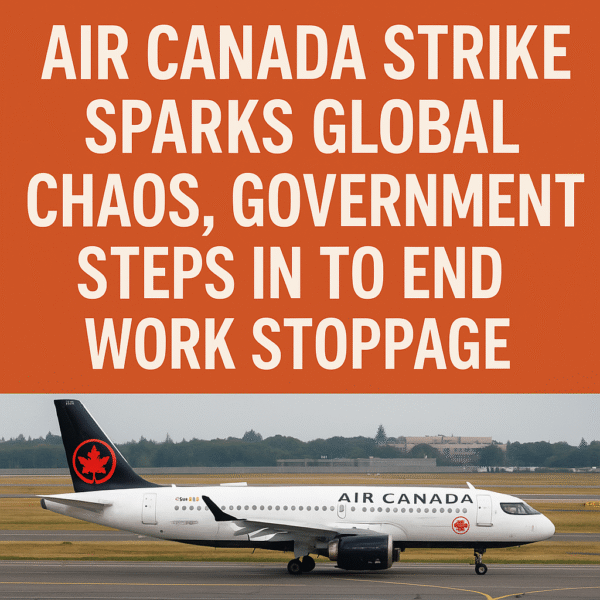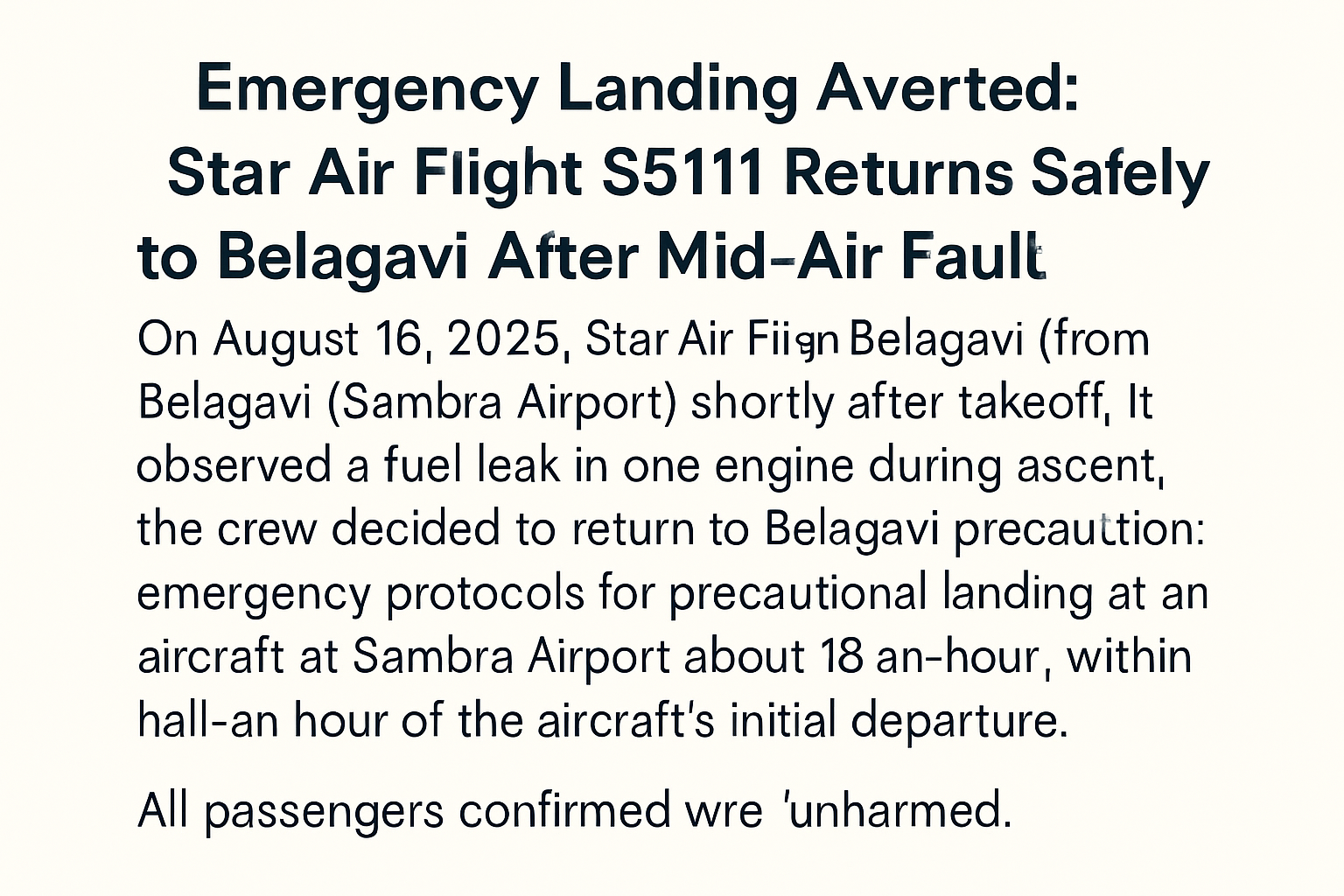On August 16, 2025, Air Canada was thrust into chaos when over 10,000 flight attendants—represented by the Canadian Union of Public Employees (CUPE)—initiated a strike, leading to the suspension of operations across both Air Canada and its low-cost subsidiary, Air Canada Rouge. The ripple effect stranded approximately 130,000 passengers daily, and media reports suggest that 95% of scheduled flights, including nearly 597 departures, were cancelled. The shutdown extended to both domestic and international travel corridors.
Government Intervenes: Arbitration vs. Strike
Faced with mounting disruptions and economic fallout, the federal government intervened quickly. Jobs Minister Patty Hajdu invoked Section 107 of the Canada Labour Code, mandating the Canada Industrial Relations Board (CIRB) to impose binding arbitration—effectively ending the strike and requiring attendants to return to work.
This rapid move aimed to stabilize the situation and protect Canada’s summer travel momentum. At the moment, Air Canada Express flights—operated by Jazz Aviation and PAL Airlines—continued but only accounted for roughly 20% of total capacity.
Labor Dispute: At the Heart of the Strike
This bitter conflict stems from unresolved negotiations between CUPE and Air Canada. The flight attendants have long demanded compensation for unpaid ground duties, such as boarding and pre-flight prep—tasks unremunerated under current policies, totaling about 35 hours monthly.
The airline’s offer—a 38% total compensation increase over four years, with a 25% first-year boost—was rejected by CUPE, which cites it as insufficient. CUPE points out that the actual wage increase is substantially lower for many attendants, especially those early in their careers. The union also raised concerns over wage disparity, noting that flight attendants—predominantly women—received much lower increases compared to pilots.
Passenger Fallout and Interim Measures
The sudden halt in operations left thousands stranded across Canada and beyond, with travelers navigating uncertain schedules and clogged rebooking lines. Air Canada advised passengers not to head to airports, unless holding confirmed tickets. Options such as free rebooking (between August 21–September 12), refunds, and travel credits were offered—though high demand limited availability.
Passengers’ frustration has been palpable, with many expressing support for the union’s pay equity stance while grappling with disrupted itineraries.
Road to Recovery: Turning the Page
With arbitration now mandated, the next few days will be critical. Observers anticipate a 5–10 day window before full flight operations resume, contingent on resolution timelines and logistical ramp-up.
While the labor standoff introduces new complexities, flights showing as operational should proceed. The airline continues to encourage passengers to monitor flight updates and secure confirmed tickets before heading to the airport.
Summary Table
| Aspect | Details |
|---|---|
| Strike Date | Began August 16, 2025, at 1 a.m. EDT |
| Affected Flights | Around 95% of operations suspended; ~130,000 daily passengers impacted |
| Primary Issue | Pay for unpaid ground duties & wage parity |
| Government Action | Section 107 invoked; CIRB assigned for binding arbitration |
| Passenger Relief | Free rebooking, refunds, or travel credits offered (rebooking limited by demand) |
| Resumption Timeline | Full operational recovery anticipated within 5–10 days post-arbitration |
Final Takeaway
The 2025 Air Canada strike underscores how fragile airline operations can be amid labor disputes—especially during peak travel seasons. However, the swift government response via binding arbitration reflects Canada’s commitment to minimizing disruption and restoring industrial harmony.
With arbitration underway, the path to operational normalization hinges on expedited bargaining outcomes. Meanwhile, this disruption highlights the ongoing necessity for fair compensation policies and transparent labor negotiations in aviation.
For more travel news like this, keep reading Global Travel Wire




